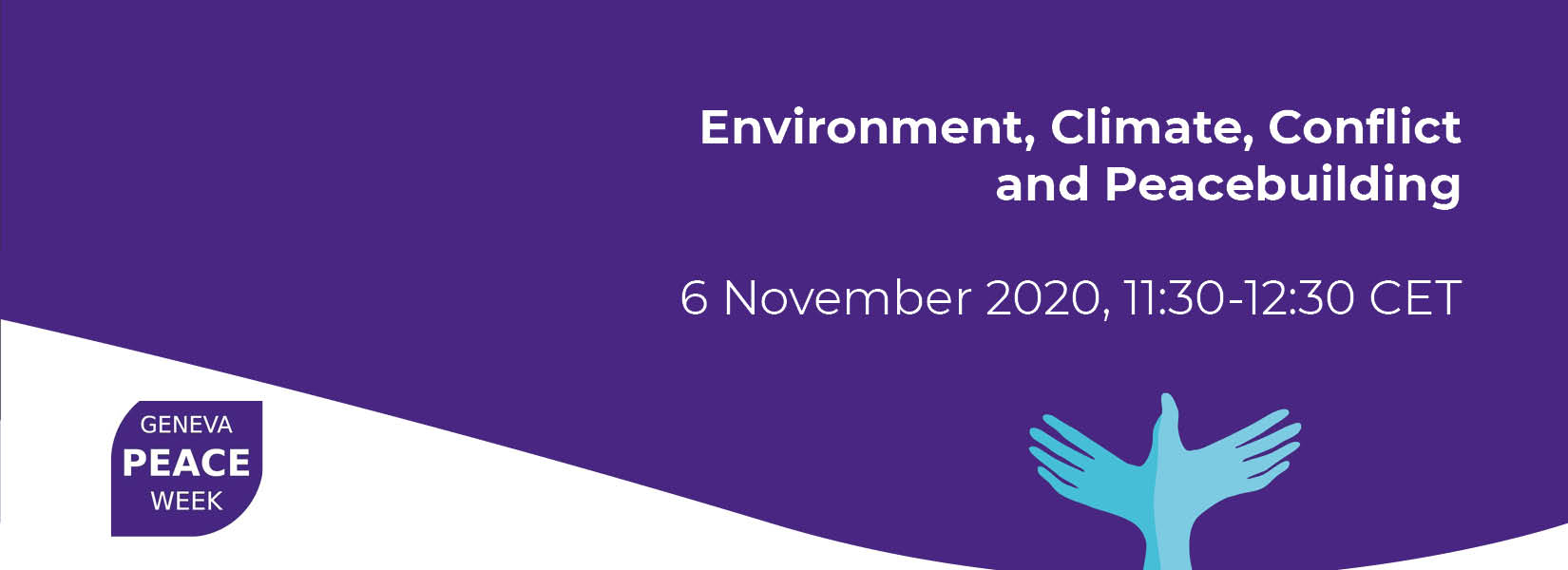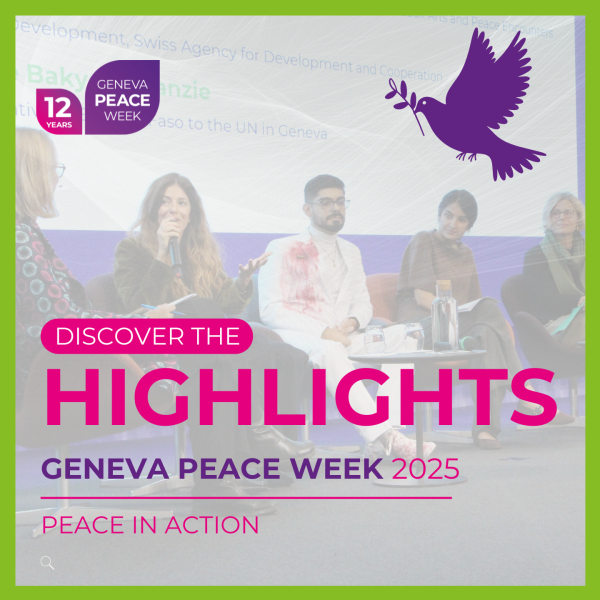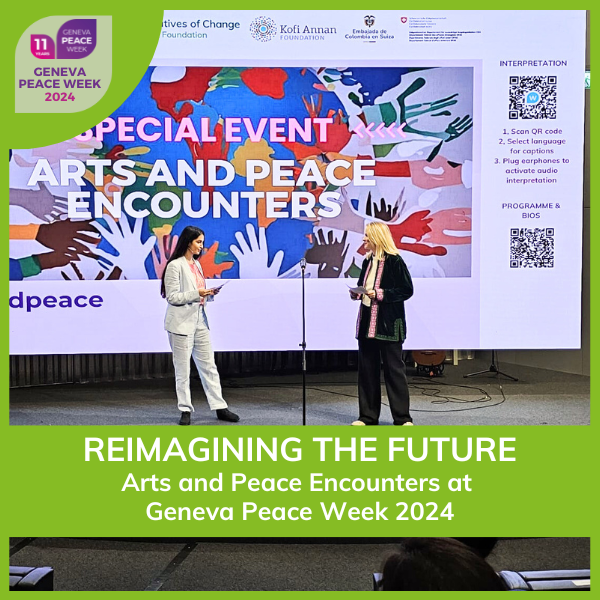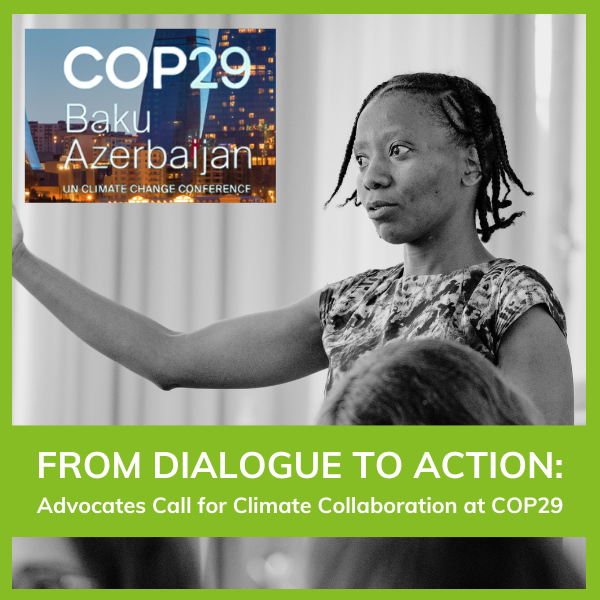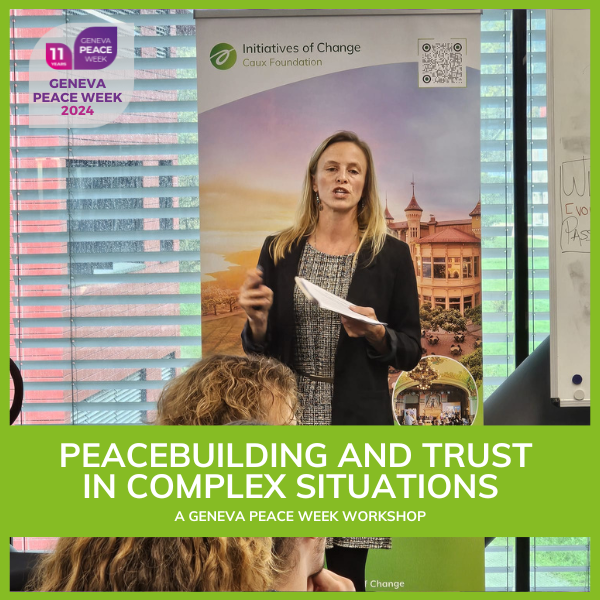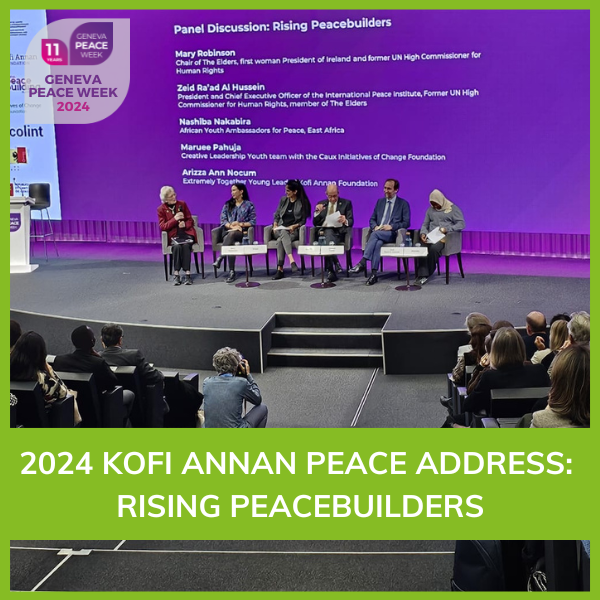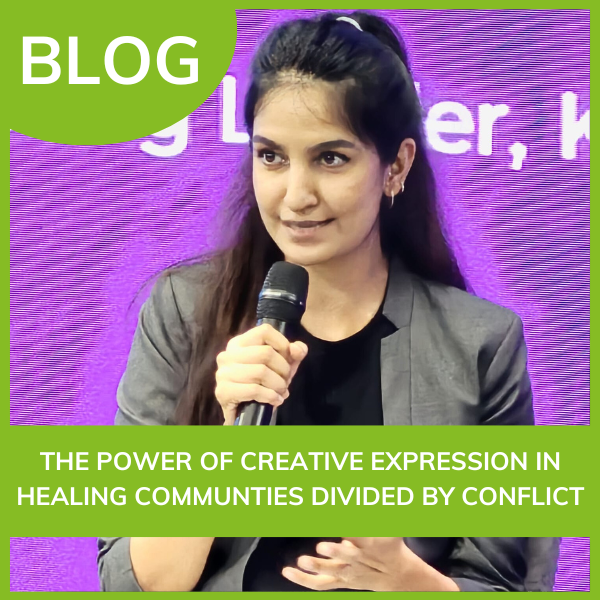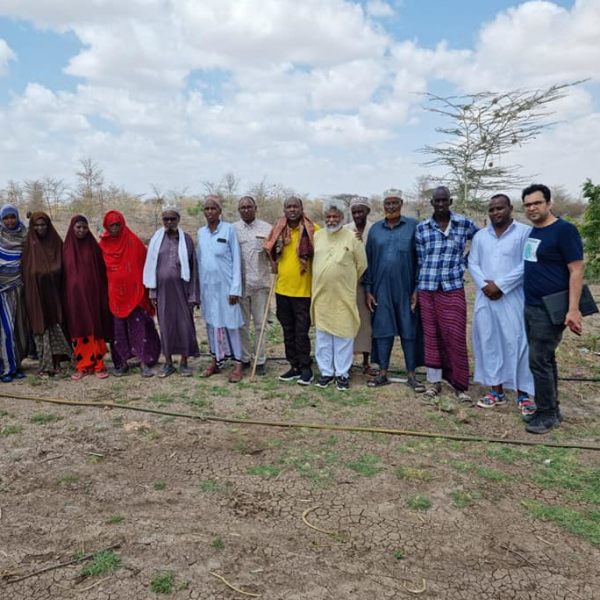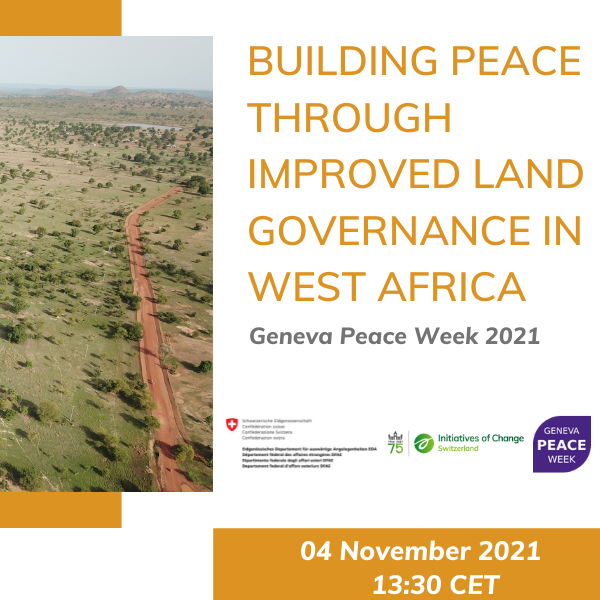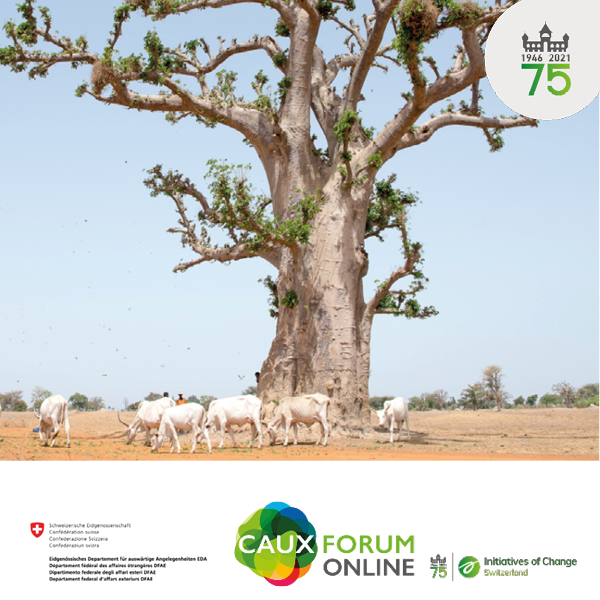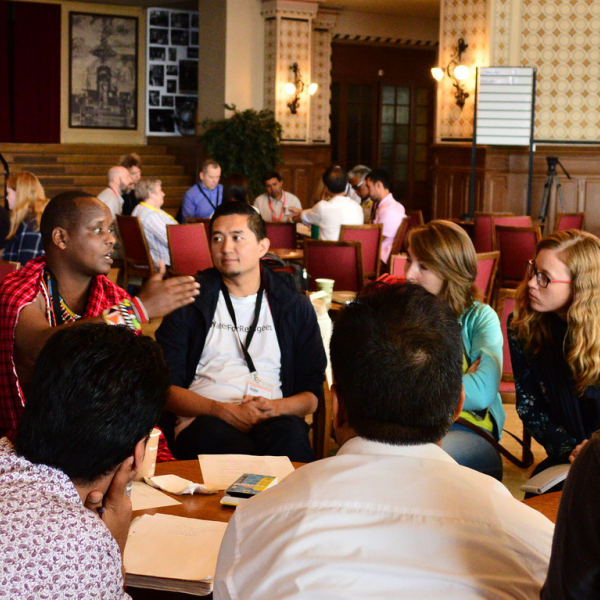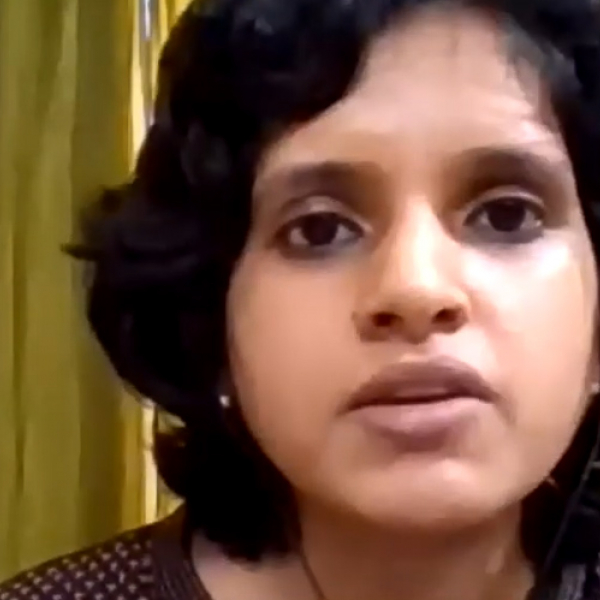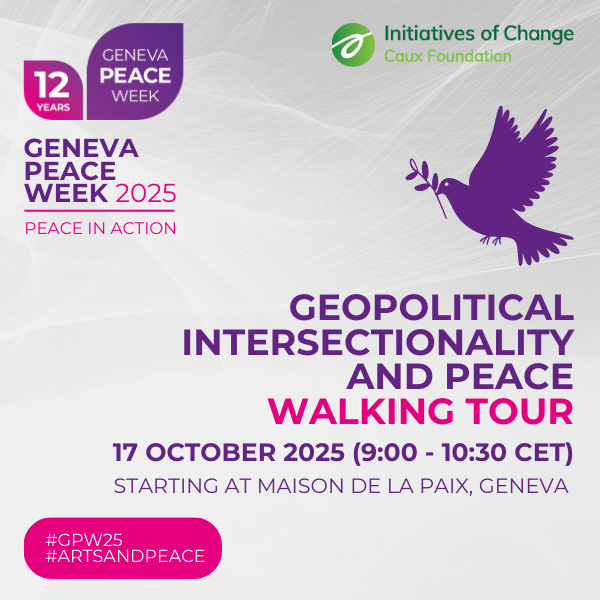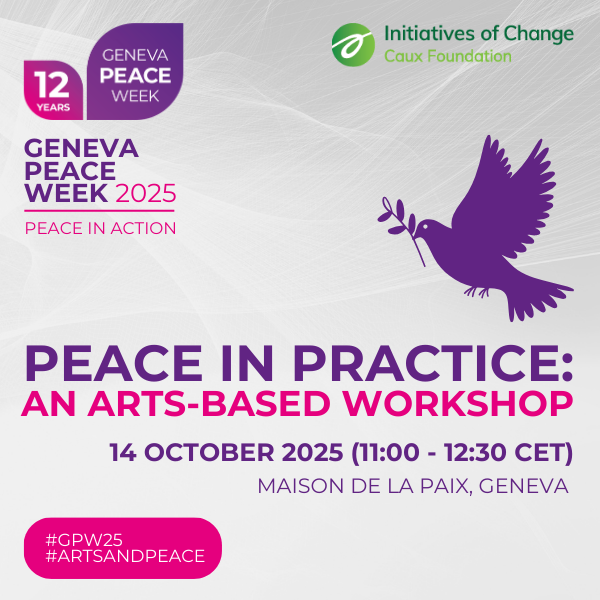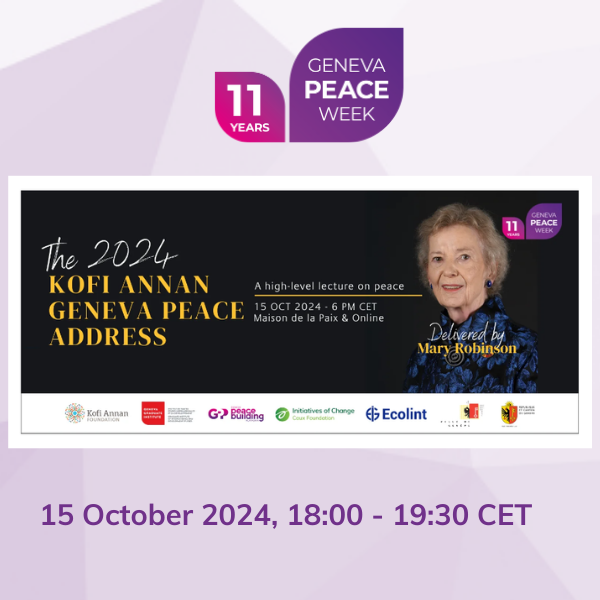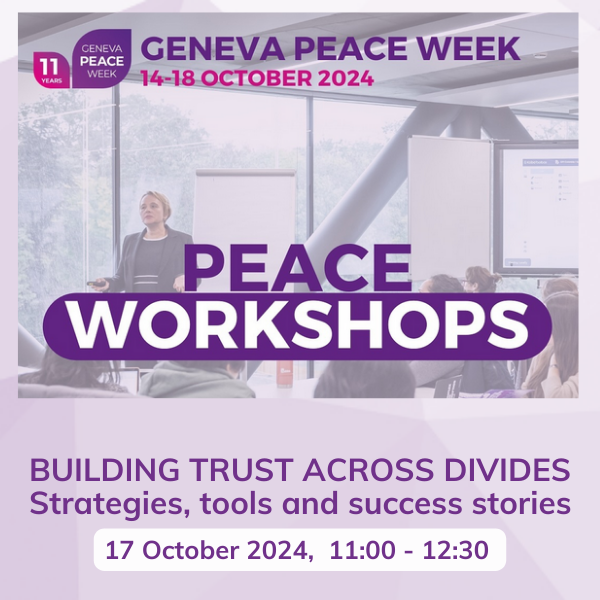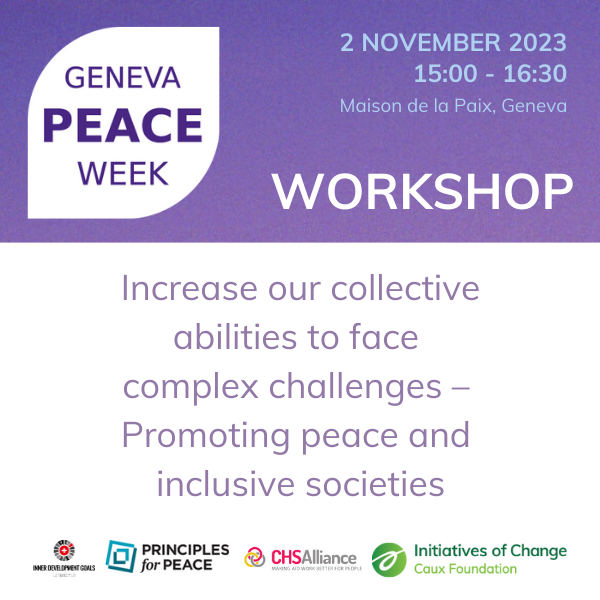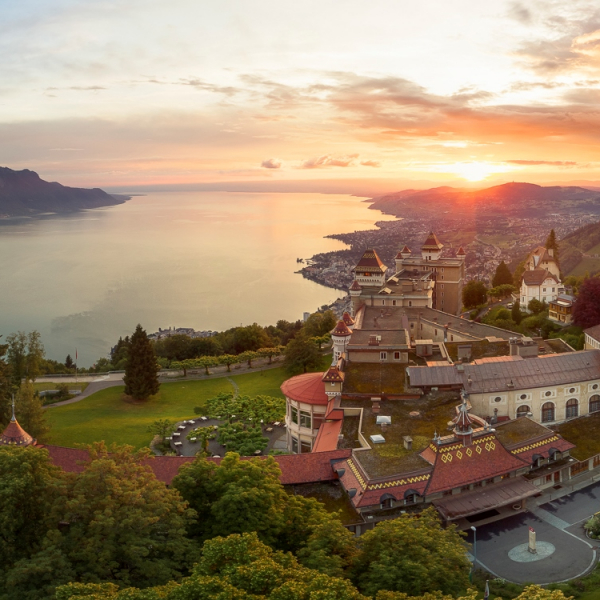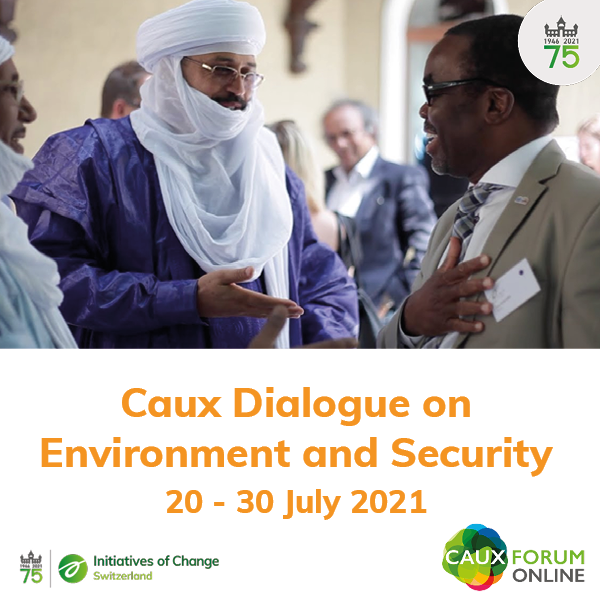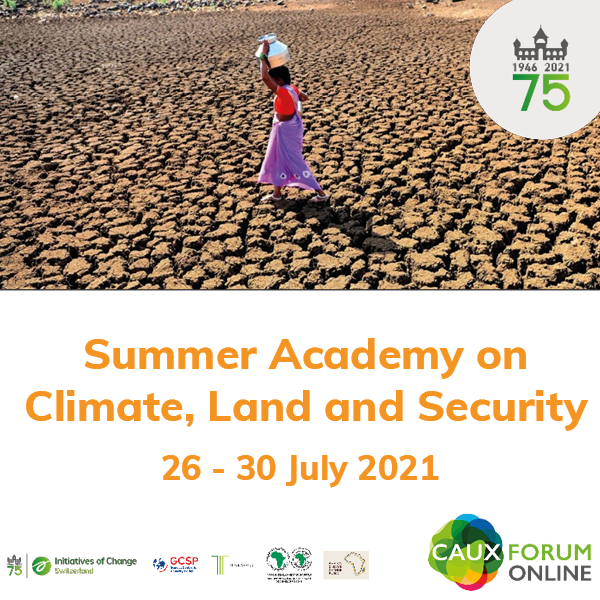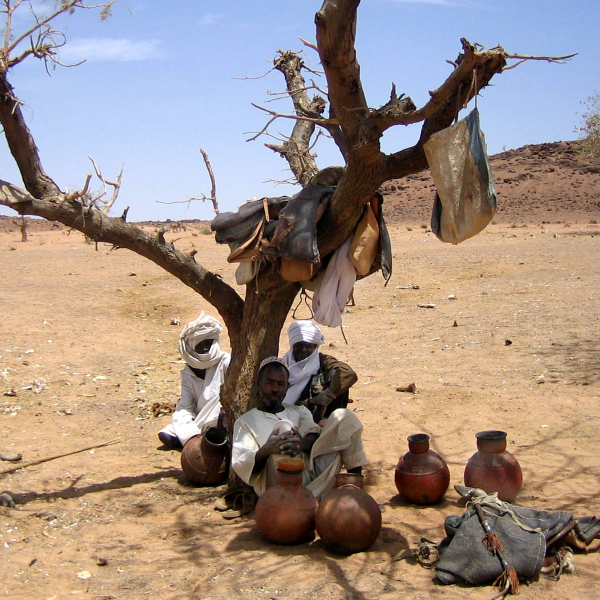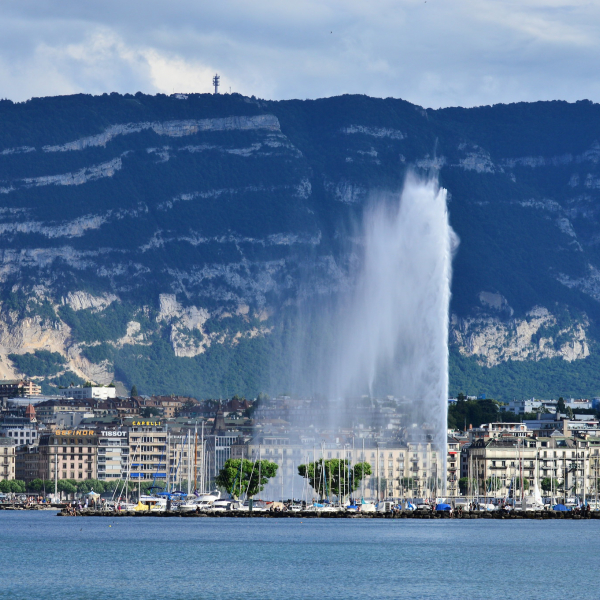Environmental peacebuilding must define our era
Geneva Peace Week 2020
01/12/2020
The theme of 2020’s Geneva Peace Week was ‘Rebuilding Trust after Disruption: pathways to reset international cooperation’. On 6 November, Initiatives of Change and the Geneva Centre for Security Policy held an online panel discussion on ‘environmental peacebuilding’, as part of this annual feature of the international peacebuilding calendar.
One hundred and fifteen people attended the online panel discussion, which was moderated by Anna Brach, Head of Human Security at the Geneva Centre for Security Policy, and conceived by Dr Alan Channer, a peacebuilding and environment specialist with IofC International’s Initiatives for Land, Lives and Peace programme. Channer is also involved in IofC Switzerland's Caux Dialogue on Environment and Security and the dialogue's Summer Academy on Land, Security and Climate.
The session explored the dynamics of environmental peacebuilding through three case-studies with a view to replicating and scaling-up solutions.
Channer opened the panel by explaining that since the environmental crisis ultimately threatens eveyone’s security, it requires a global and collaborative response. He reflected on the strong relationship forged between France and Germany after the World War II, partly catalysed at IofC conferences in Caux, Switzerland. ‘As well as the reconciliation between individuals, there was a decision to collaborate on shared natural resources,’ Channer said. ‘The intention of French Prime Minister Robert Schuman and other statesmen of the time was to strengthen long-term peace.’
‘We can look at environmental peacebuilding in a similar way,’ Channer maintained. ‘When we strengthen collaboration to safeguard the natural environment, on which we are all mutually dependent, we also strengthen the bonds of peace. Environmental peacebuilding must come to define our era, or the human story will be over.’
Irene Ojuok, until recently the National Technical Specialist on Environment and Climate Change with World Vision Kenya, described how land degradation makes survival challenging for many of her country’s rural population. People are hungry, she said, ‘and a hungry person is a dangerous one’.
Fights over territory and resources impact everyone, including children who grow up amidst violence and risk perpetuating it. ‘It has been difficult to motivate people to restore the land because it can take years to see the benefits and people need to eat now,’ she said – and this was why a shift in mindset is needed first. ‘You need to regreen your heart to regreen your landscape – and you need to be the change you want to see.’ Ojuok explained how farmer-managed natural regeneration (FMNR) is restoring livelihoods and empowering communities to manage their land sustainably.
Dr Raj Upreti, Executive Chair at the Policy Research Institute of Nepal, shared how drought, irregular rainfall, floods, avalanches and landslides pose serious security risks to the Nepalese people, causing increased conflicts. He described a strategy to restore human security by connecting local skills and wisdom with public policy, thereby making local institutions more effective and responsible. He put down the success of this strategy to its collaborative approach.
Lastly, Kelechi Eleanya, Team Leader at the EverGreening Network for Forest and Land Restoration (ENFORLAR) in Nigeria, talked about the Akassa community in the Niger Delta, where massive oil extraction has damaged the environment and threatened people’s livelihoods, leading to armed conflict.
Eleanya presented the ‘Akassa Model’, developed to promote local conservation and bring sustainable peace. He said the model is being emulated because it is highly inclusive and involves a bottom-up approach. Statoil/BP are involved in the project as a way of making reparations to the community.
These inspiring case-studies suggest that sustainable solutions to ecological problems require social cooperation. Replication and scaling-up depends on collaboration; the work of trustbuilding to safeguard our shared future is more urgent than ever.
Find out more about the Caux Dialogue on Environment and Security and the Summer Academy on Land, Security and Climate.
Report by Elodie Malbois and Alan Channer
Photo teaser: Leela Channer
